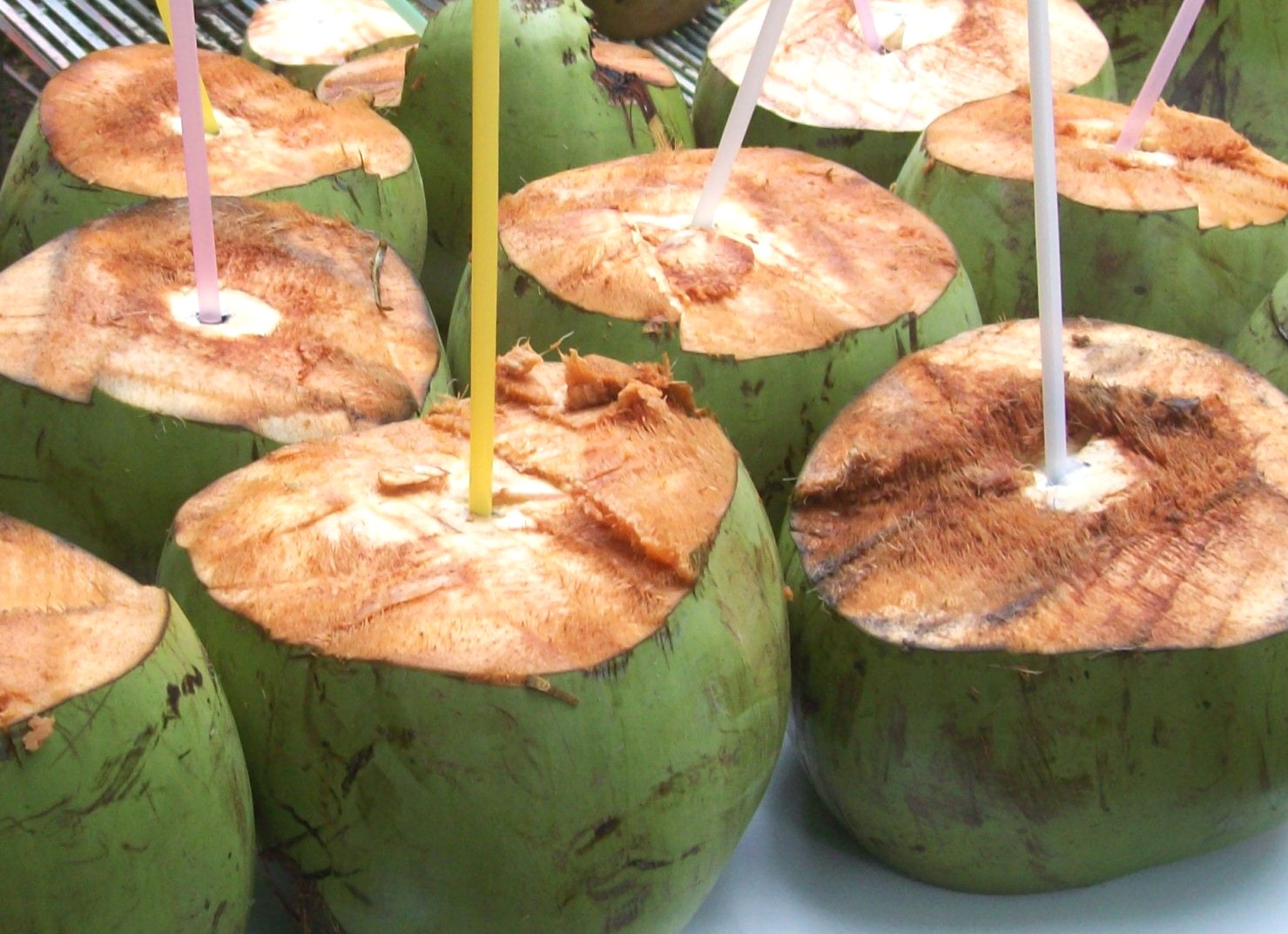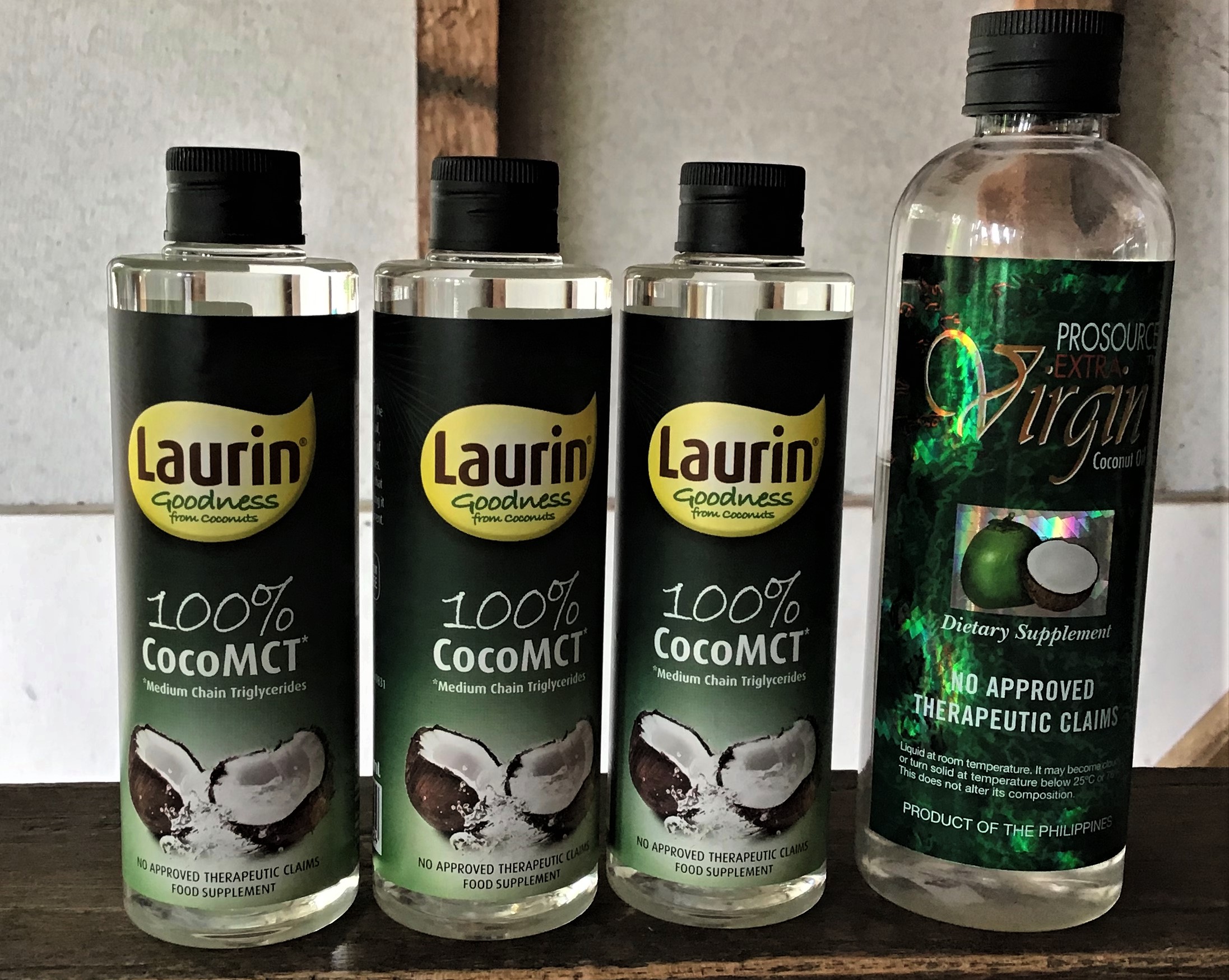Text and Photos by Henrylito D. Tacio
One of the news I read from the state-run Philippine News Agency (PNA) recently was that of the handing over of the virgin coconut oil (VCO) facility, amounting P17-million, in the Caraga region.
Built-in barangay Libas of Jabonga, Agusan del Norte, the VCO plant was turned over by Philippine Coconut Authority (PCA) Administrator Benjamin Madrigal Jr. to the Libas Farmers Multi-Purpose Cooperative (LFMPC), which will manage and operate the VCO plant.
“We are so happy that finally the plant is handed over to us. Now we can start its full operations,” LFMPC chairperson Rebecca Felix told PNA.
According to the PNA report, the VCO plant has a capacity of processing some 10,000 coconuts per day and can produce around 867 liters of VCO daily. It will also produce coco juice, soy sauce, and vinegar made from coconuts.
The said VCO plant was constructed amidst the pandemic in May 2021.
To think, VCO was identified by the Department of Science and Technology (DOST) as one of the supplements used against the coronavirus disease 2019 (COVID-19).
“The results are very promising, as not only does it show that VCO, by itself, can destroy the virus, but it also has a key mechanism in regulating the immune response against COVID-19,” said Dr. Jaime Montoya, the executive director of the Philippine Council for Health Research and Development, the DOST line agency in-charge of the study.
After six months of experiments, the VCO is found to be “helpful during the early stages of infection.” The study found that compounds from VCO decreased coronavirus count by 60%-90% at low viral load. In fact, the compounds were observed to improve cell survival.
Coconut oil has grown in popularity in recent years. Results of the survey conducted in 2016 in the United States showed that 72% of people believed that coconut oil was healthful.
It’s no wonder why many manufacturers have commenced incorporating coconut oil in packaged products like sweets, shampoos, coffee, and smoothies. These days, several people around the world are now using it for cooking.
Coconut oil, however, is most potent when it’s virgin. “VCO is a natural oil from the fresh, mature kernel of the coconut,” explains the book, Compendium of Commercially-Viable Coconut Technologies, published by Philippine Council for Agriculture, Aquatic and Natural Resources Research and Development (PCAARRD).
The PCA has this to say: “VCO is the purest form of coconut oil, water white in color and has not undergone oxidation. It is the oil obtained from the fresh and mature kernel of coconut by mechanical or natural means with or without the use of heat, without undergoing chemical refining, bleaching or deodorizing, and which does not lead to the alteration of the nature of the oil.”
The late National Scientist Dr. Conrado S. Dayrit was touted to be the Father of VCO. His book, The Truth About Coconut Oil, published in 2005, became a bestseller and elevated coconut oil from folk medicine to a scientific therapy. He was a cardiologist and professor of pharmacology at the University of the Philippines College of Medicine.
“Today, people are returning to natural diets in order to live healthier and happier lives – the hallmarks of ‘wellness’ – and science has been validating the benefits,” Dayrit wrote in the prologue of Coconut Oil: From Diet to Therapy which he co-authored with his son, Fabian M. Dayrit.
“One of the natural foods being rediscovered is coconut,” Dayrit continued. “Although vilified as a cause of heart disease, coconut oil has always shown itself to be a healthy and curative oil. Numerous studies using the tools of modern science are finally revealing – and validating – the beneficial effects of coconut oil.”
With the advancement of modern technology and breakthroughs in science, there will be more health benefits that can be unearthed from coconut oil. The Philippines, however, should lead such studies.
“In the Philippines, if we are to produce more understanding by the world that coconut oil is really quite safe internally and with food, we need to convince the doctors, the academics because they are after all the opinion leaders. They are the ones who told the rest of the world that coconut oil back in the 50s, 60s and onwards was not good for the diet,” said Dr. Vermen M. Verallo-Rowell, entrepreneurial founder of VMV Hypoallergenics who has published more than 150 articles in dermatology scientific journals.


In the United States, VCO has increasingly become popular in natural food circles and with vegans. It was described in a New York Times article as having a “haunting, nutty, vanilla flavor” that also has a touch of sweetness that works well in baked goods, pastries, and sautés.
The Philippines introduced VCO to the world in 2000-2001 and remains to be world’s number one VCO exporter. In 2015, VCO was exported to 46 countries, the United Coconut Association of the Philippines said.
The top importers were the United States, the Netherlands, Canada, Germany, and Japan. Other destinations were Belgium, the United Kingdom, South Korea, and Australia. Smaller volumes went to Malaysia, Brazil, Taiwan, South Africa, France, China, Singapore, and Czechoslovakia.

